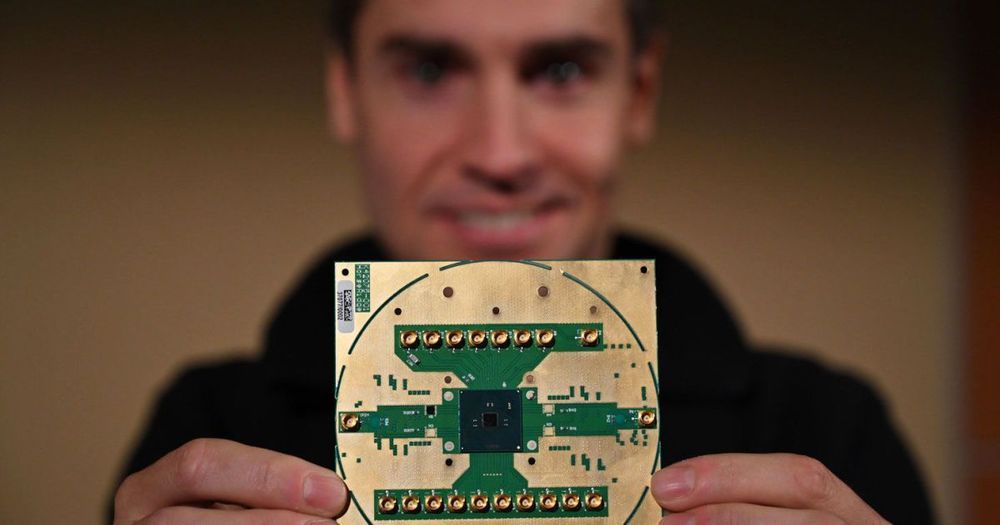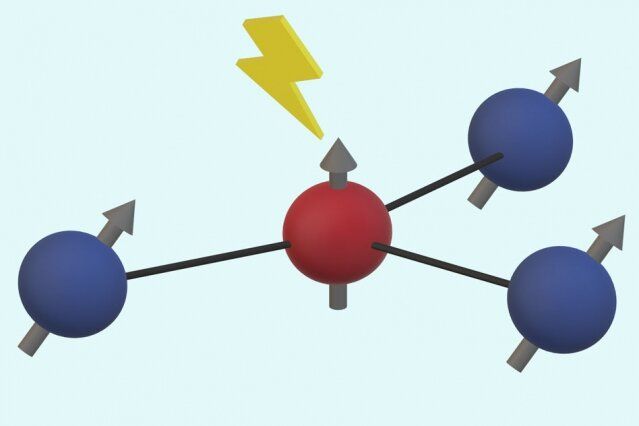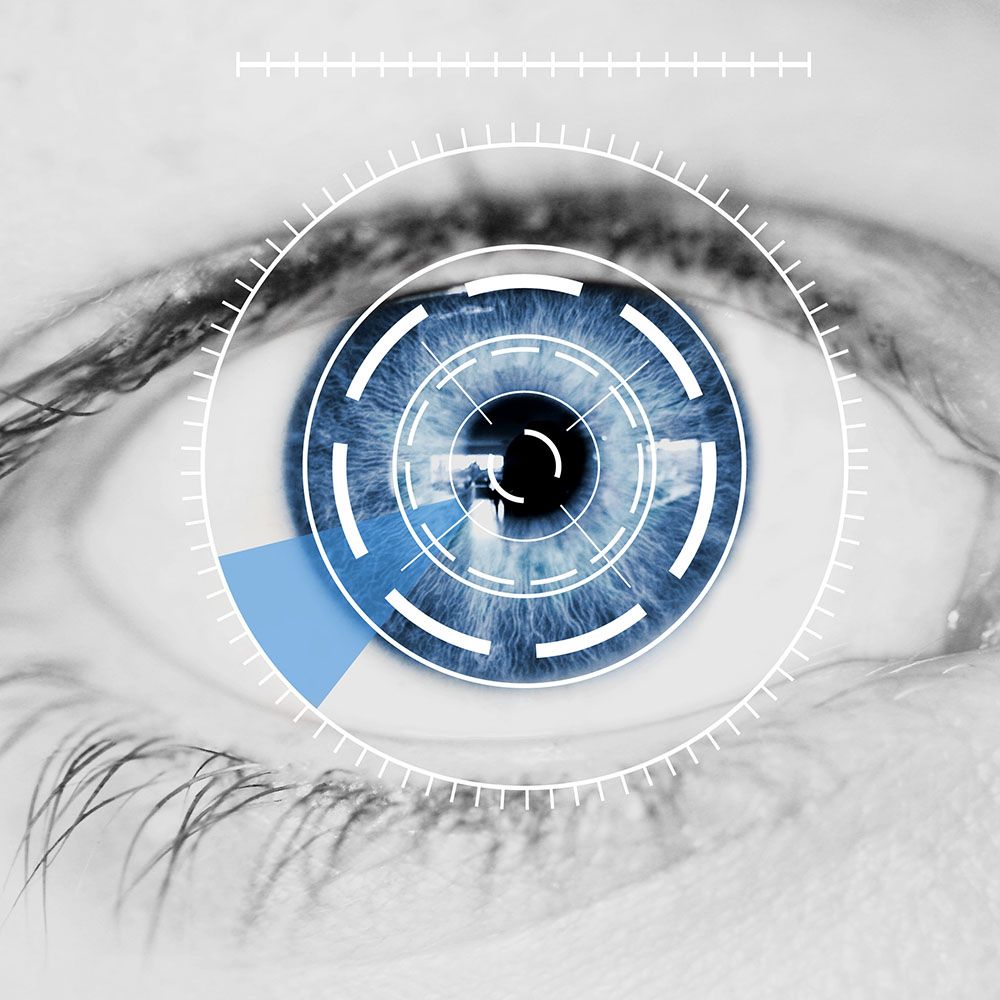Massive-scale particle physics produces correspondingly large amounts of data – and this is particularly true of the Large Hadron Collider (LHC), the world’s largest particle accelerator, which is housed at the European Organization for Nuclear Research (CERN) in Switzerland. In 2026, the LHC will receive a massive upgrade through the High Luminosity LHC (HL-LHC) Project. This will increase the LHC’s data output by five to seven times – billions of particle events every second – and researchers are scrambling to prepare big data computing for this deluge of particle physics data. Now, researchers at Lawrence Berkeley National Laboratory are working to tackle high volumes of particle physics data with quantum computing.
When a particle accelerator runs, particle detectors offer data points for where particles crossed certain thresholds in the accelerator. Researchers then attempt to reconstruct precisely how the particles traveled through the accelerator, typically using some form of computer-aided pattern recognition.
This project, which is led by Heather Gray, a professor at the University of California, Berkeley, and a particle physicist at Berkeley Lab, is called Quantum Pattern Recognition for High-Energy Physics (or HEP.QPR). In essence, HEP.QPR aims to use quantum computing to speed this pattern recognition process. HEP.QPR also includes Berkeley Lab scientists Wahid Bhimji, Paolo Calafiura and Wim Lavrijsen.







